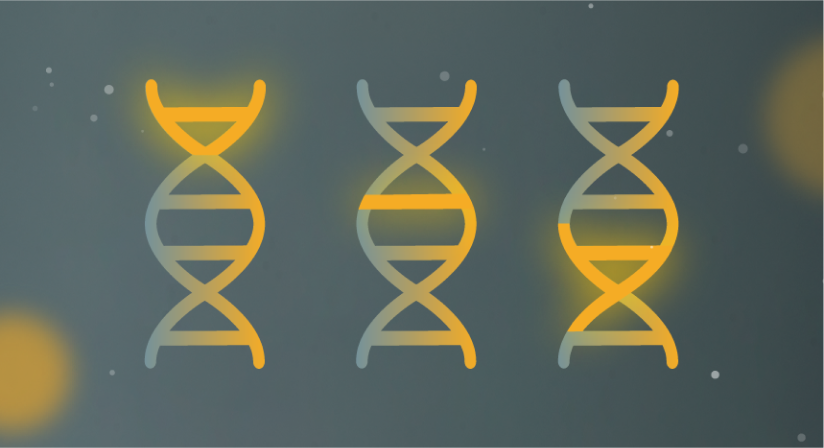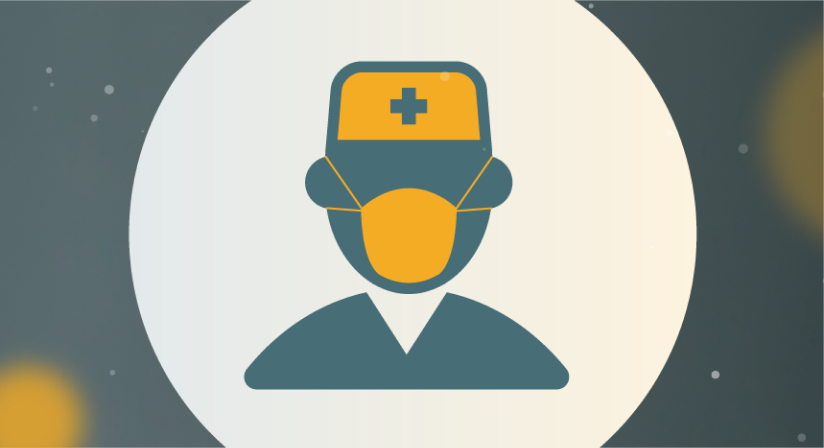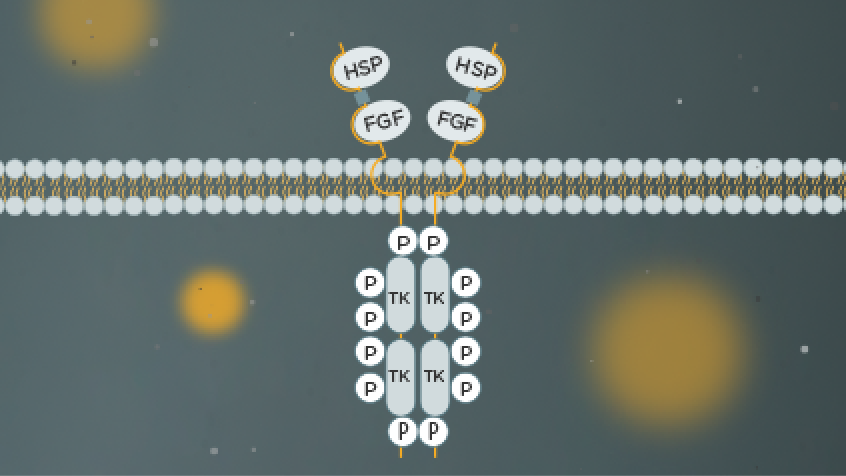Establishing genetic testing

Understand what genetic testing could mean for you and your patients
Clinical molecular pathology analysis has become an indispensable laboratory tool that can be used to characterise tumour biology and drive therapeutic decisions.[1] Could genetic testing help you get a clear picture of what’s potentially driving tumour growth in your patients?[1][2][3]
Genetic testing in advanced tumours

The potential benefits of routine genetic sequencing in metastatic tumours are recognised by guidelines[2][4]
- The European Society for Medical Oncology (ESMO) now recommend the routine use of next-generation sequencing (NGS) in non-squamous non-small cell lung, prostate, ovarian and cholangiocarcinoma advanced cancers[2]
- In advanced urothelial carcinoma (UC), molecular biomarkers are not currently commonly used in routine clinical practice[5][6]
- The National Comprehensive Cancer Network (NCCN) recommend early molecular/genomic testing, ideally at diagnosis of advanced bladder cancer, in order to facilitate treatment decision-making and prevent delays in administering later lines of therapy[4]
Widely used genetic tests for molecular pathology

Common tests used to detect genetic alterations include both NGS and real-time polymerase chain reaction (PCR)[7]
- Genetic alterations can be detected by NGS which can simultaneously interrogate multiple genomic loci for gene mutations[7][8][9]
- Alternatively, real-time PCR based diagnostic tests can be used to detect specific predefined gene mutations[7]
Discuss available biomarkers with your pathologist today to understand what could be driving your patients' tumour growth[1][2]

Optimising testing
Test for genetic alterations to ensure you have the information needed to facilitate treatment decision-making[4]
- As NGS turnaround times range from ~4 days to ~2 weeks,[8][9][10][11] ensure you perform genetic testing early in order to facilitate treatment decision-making and develop personalised treatment plan for your patients[1][4][12]
Testing for genetic alterations can improve treatment outcomes and treatment planning[1][12]

The management of UC is becoming multidisciplinary, with close cooperation and critical input needed from different specialities to provide effective disease management plans for patients[13][14]

Your pathologist is vital in helping you to tailor your management approach to your patient’s tumour:[15]
- Only a pathologist can accurately diagnose UC and identify the type of tumour present, which is critical in achieving the best outcomes for your patients[15]
- Discuss with your pathologists what testing capabilities have been set up at your centre and the logistics for genetic testing

When establishing testing protocols, it is important to liaise with the treating urologist to ensure sufficient sample quality is available:[7][8][9][11][16][17]
- In general in oncology, it is important to ensure an adequate amount of high-quality tissue is available to facilitate testing when establishing testing protocols.[18] Consider the different sample preparation protocols and technology used for NGS and PCR[7][8][9][11]
- NGS and real-time PCR tests commonly require formalin-fixed-paraffin-embedded (FFPE) tissues as diagnostic materials[7]
- RNA samples for genetic testing can be extracted from FFPE UC specimens using kits such as the QIAGEN RNeasy® diagnostic sample preparation (DSP) FFPE Kit[16]
Setting up testing infrastructure can take time. Work with your pathologist now to ensure your testing capabilities cater to the advancing molecular science and enable precision medicine for your patients

Explore more
Learn more about FGFR alterations in oncology and their importance in UC:

